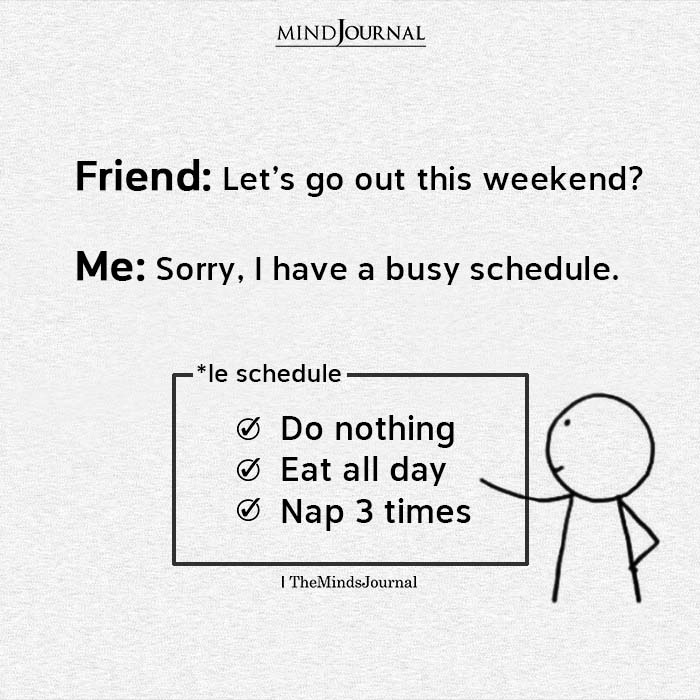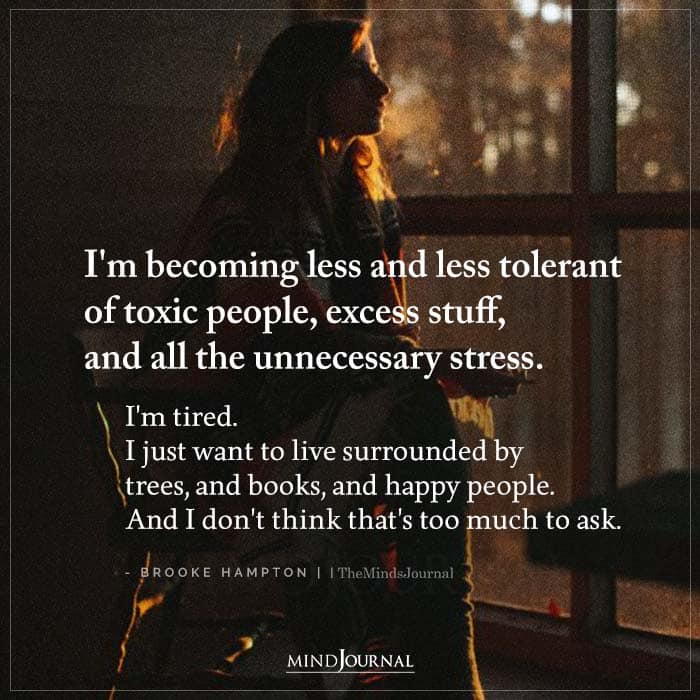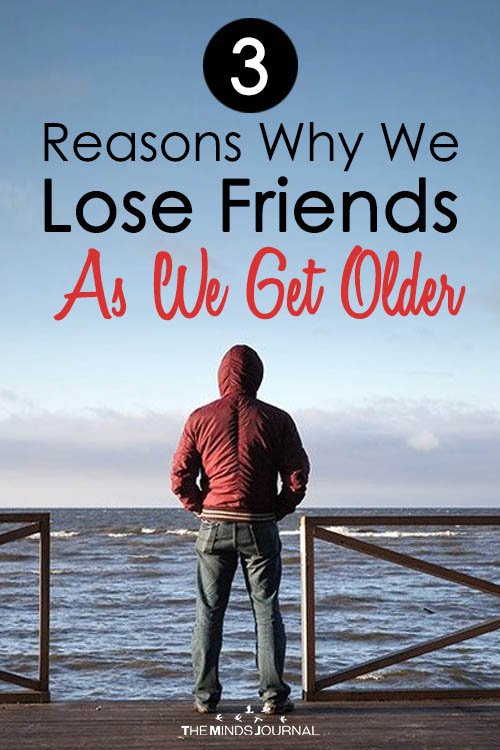The saddest part of growing up is that friendships change with time. Even if it’s painful to imagine losing friends, why do we lose friends as we get older?
You may notice that, as you grow older, you seem to hang out with a smaller and smaller crowd. The giant mob you went to the movies within high school thins out a bit when you come home for college break.
By the time you hit thirty, your birthday party might attract about ten people – if you’re lucky. However, as the majority of friendships seem to fade, the ones that stick around become stronger and more meaningful than ever before.
Why Do We Lose Friends As We Get Older?
1. We work more and have less free time
If you are adulting correctly, you will likely accumulate new responsibilities with each passing year. You will become more important at the office, which will translate into longer hours and more frequent travel.
If you are adulting at an advanced level, you may even become active in a church, join a golf team, or start to care deeply about the state of your lawn and garden. If you choose to get married and have children, your time may never truly be your own ever again.
As your free time becomes more limited, you will have to become more selective about who you spend it with. The mob of bros you used to hit the bars with is out.
Evan and Kate from across the street who have twins the same age as your daughter? So in! It will become so inconvenient to hang out with friends who have a different lifestyle from your own that you will have to really love them to do so. You will only be able to keep the best around.
Read Why Our Friends are Incredibly Important
2. With less free time comes less tolerance for bullshit
If you are a hardworking lawyer coming off a seventy hour week, or a mother of three with only one night out of the house this month, you will laugh at the thought of spending your precious margarita night with anyone less than spectacular. Gone are the days when you would invite the whole dorm over and giggle long into the night over nothing.

As you grow older, you put a higher value on small groups and substantial conversation. Especially if your friend is living a different lifestyle as described above, you don’t want to waste your valuable time together making chit-chat with a table full of people. You want to catch up over a small dinner on the topics that really matter.
Read Why Close Friendships Can Be So Challenging
3. Who has that kind of energy?
A twenty-year-old is an almost superhuman creature. She can party until sunrise, make it to class the next day, and do it all over again the night after. In living this cycle, she can touch base with dozens of friends per week and hardly need to catch her breath.
By our thirties, we become tired. I’m not even there yet, and already my favorite part of the day is when my head hits the pillow. If I’m out of the house any time after 8pm, I must really like you – and I certainly can’t bring that kind of enthusiasm on a daily basis.

Meeting new people is a lot of work, and I’ve likely used up all my energy on the very grown-up activities outlined in #1. Sorry.
If you are reading this list in your early twenties, don’t worry. It isn’t as sad as it seems. The friends you keep as you get older might not stay out all night at the bar with you, but they will absolutely blow you away with what they do bring to the table.
They will bring over medicine for your sick toddler in the middle of the night. They’ll let you cry on their shoulder when you lose your job. They’ll have your children over for a sleepover so you can have some time to process your feelings during a divorce or the death of a loved one.
What you lose in quantity of friendships, you will gain in-depth. I promise it’s worth it.
Read How To Make Friends As An Adult (7 Steps)
Getting older and losing friends is the hard part of growing up. But the ones who remain, they’re your true friends. Remember that!










Leave a Reply